God is going to have His way in the earth. No question about that. The question is whether or not we find ourselves on His side when it all goes down.
The widow and her son are in a dire situation here. Of course she’s afraid. There’s a famine in the land because God is in the middle of proving that He is the true God and Baal is not.
Backstory: Baal was a false god who many – most – people in Elijah’s time believed to be the god of fertility and rain. So our God, who can’t be petty because He’s too busy being God, but is definitely a showoff from time to time… well, He shows off. He declares through Elijah that no rain will fall on the earth until He says so.
See, God is going to have His way in the earth. No question about that. The question is whether or not we find ourselves on His side when it all goes down. Protection and provision exist for the family of God. But these things are not promised to those who make themselves His enemy.
When God gives an instruction, it comes with an inherent promise.
That ought to inspire our immediate obedience.
So we’re in a famine, and the widow is prepping one final meal for her and her son when Elijah approaches and asks for bread. Worst timing ever. She had enough flour and oil to make one more bread cake for her and her son. She says, “that we may eat it and die.” Yikes. Not a lot of hope here.
Elijah, that’s your cue.
Do not fear, he says. And then he gives her the “why” behind that instruction in verse 14: Do no fear because God is going to take care of you. Do not fear because until He restores natural order and the famine ends, God is going to supernaturally provide everything you need, every day.
When God gives an instruction, it comes with an inherent promise which ought to inspire our immediate obedience. Assuming, of course, that we’ve reconciled ourselves to the fact that He is Lord.
Fearless participation
is made possible by the
promised presence of God.
This got me thinking, “where else have we heard this instruction to not be afraid?” Honestly, a lot of places in scripture. But let’s take a look at a few:
2 Chronicles 20:15: and he said, “Listen, all Judah and the inhabitants of Jerusalem and King Jehoshaphat: thus says the Lord to you, ‘Do not fear or be dismayed because of this great multitude, for the battle is not yours but God’s.
Instruction: Do not fear.
Promise: The battle is not yours, but God’s.
The next day, an undefeatable army was defeated, and the people of God didn’t lift a single finger to make it happen. They just showed up to battle. Fearless participation made possible by the promised presence of God.
Joshua 1:9: Have I not commanded you? Be strong and courageous. Do not be afraid; do not be discouraged, for the Lord your God will be with you wherever you go.”
Sometimes we have to fight; sometimes God fights for us.
Either way, the promise of His presence means that victory is certain.
Shortly after that, the impenetrable walls of Jericho fell and all the Israelites had to do was obey God’s order to march. No one broke through the walls; they just obeyed God and were given access to the promised land. Fearless participation made possible by the promised presence of God.
Now, let’s be clear about this one: They had to fight this time. This isn’t like the 2 Chronicles account. But first they needed access to the battle. Jericho was the first of a few battles the Israelites had to fight – and win – in order to possess the promised land.
Sometimes we have to fight; sometimes God fights for us. Either way, where His presence goes, victory is certain.
Finally, my favorite “Do not fear” moment, and one upon which rests one of the foremost and central tenets of our faith.
When God speaks something to us that feels utterly impossible, we can ask the “how” questions. But we shouldn’t question the perfection of the plan.


Leave a Reply
Want to join the discussion?Feel free to contribute!